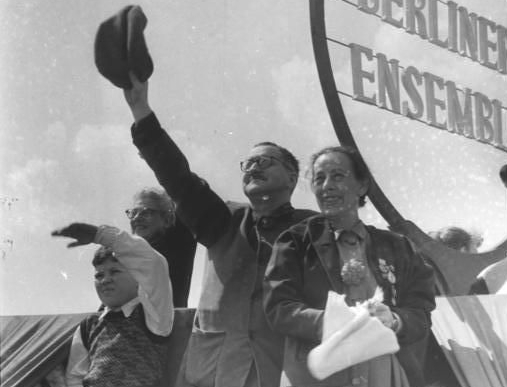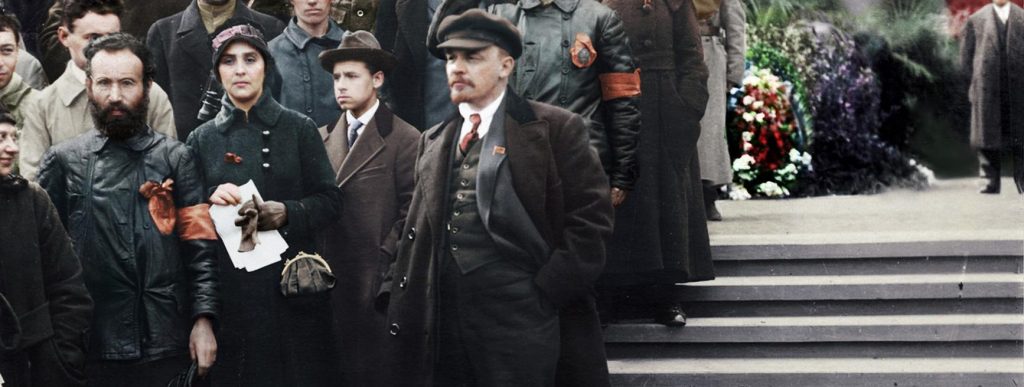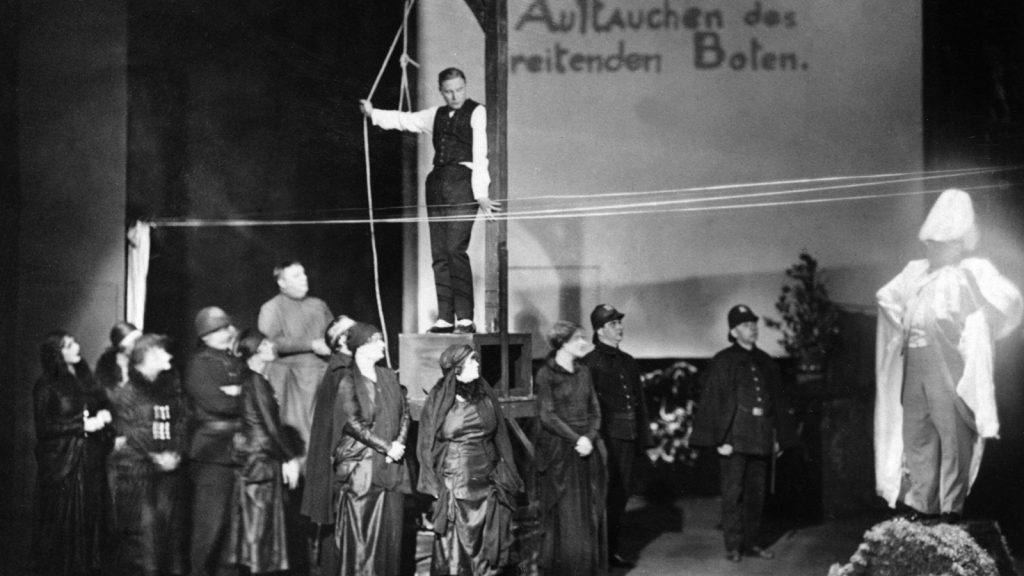Poetry Corner: A Worker Reads History by Bertolt Brecht

A Worker Reads History by Bertolt Brecht.
Bertolt Brecht is an eternal darling of leftist lovers of poetry. As a young man, Brecht discovered Marxism in the process of looking for methods to politicise his artistic aesthetic. Brecht’s work is thus built on historicism and critique of established institutions, as well as the various myths surrounding these institutions.
This artistic methodology of Brecht is best seen in his poem A Worker Reads History. Here, Brecht recounts centuries of historical events, which he exaggerates in order to emphasise the place of the Worker. Brecht shows the historical events as impermanent and transitory, with one constant: mighty buildings and great men change, but cooks and builders remain. The poem contains little description – as most of Brecht’s work, it is intended to alienate the reader and put them outside of the described events so that the reader can adopt a critical attitude.
Poetry Corner: The Carpet Weavers of Kuyan-Bulak Honour Lenin by Bertolt Brecht

The Carpet Weavers of Kuyan-Bulak Honour Lenin by Bertolt Brecht
Bertolt Brecht was a German Marxist poet, playwright and theatre director. Brecht lived through a turbulent era. Narrowly avoiding conscription at 16 during World War One, he worked prodigiously through throughout the period of the Weimar Republic. Brecht was forced to flee with the rise of the Nazis in 1933. He left the USA during the McCarthyite “Red Scare” returning to what was then the German Democratic Republic. He died on the 14th of August 1956.
Poetry Corner: All of Us or None by Bertolt Brecht

All of Us or None by Bertolt Brecht.
Bertolt Brecht was a German Marxist poet, playwright and theatre director. Brecht lived through a turbulent era. Narrowly avoiding conscription at 16 during World War One, he worked prodigiously through throughout the period of the Weimar Republic. Brecht was forced to flee with the rise of the Nazis in 1933. He left the USA during the McCarthyite “Red Scare” returning to what was then the German Democratic Republic. He died on the 14th of August 1956.


